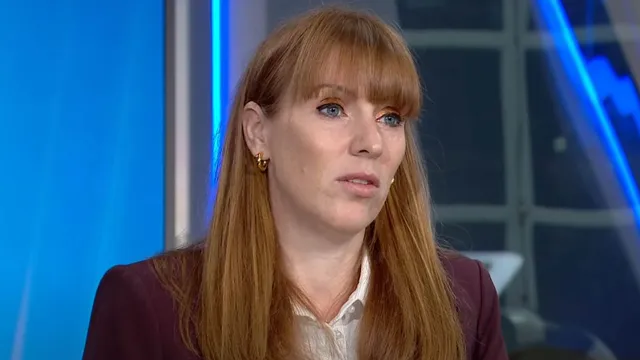
SME Leaders Meet Ministers in Downing Street for Workers’ Rights Reforms
2024-09-10 08:20- Ministers Jonathan Reynolds and Angela Rayner will meet SME representatives at 10 Downing Street this week to discuss proposed workers' rights reforms.
- The government plans to introduce measures such as a 'right to switch off' and a ban on zero-hours contracts, which have raised concerns among business leaders.
- The discussions aim to ensure that the voices of small businesses are heard and considered before the finalization of the reform bill.
Express your sentiment!
Insights
This week, representatives from small and medium-sized enterprises (SMEs) in the UK will engage in discussions with government ministers at 10 Downing Street regarding proposed reforms to workers' rights. The meeting, led by Business Secretary Jonathan Reynolds and Deputy Prime Minister Angela Rayner, follows a previous roundtable that included larger corporations. The focus of these talks is to address concerns raised by the corporate sector about the government's plans, which include a 'right to switch off' for employees and a prohibition on zero-hours contracts. The government has faced significant backlash from business leaders who fear that these radical changes could negatively impact their operations. SMEs, which play a crucial role in the economy, often encounter different challenges compared to larger businesses, making their input essential in shaping the reforms. The ministers aim to reassure these leaders that their feedback will be considered throughout the reform process. Executives from organizations such as the British Chambers of Commerce and the Federation of Small Businesses, along with representatives from the hospitality and retail sectors, will participate in the discussions. The government acknowledges the importance of small businesses in contributing to job creation and economic growth, which is why they are prioritizing direct dialogue with these stakeholders. As the government prepares to publish the bill, the outcome of these meetings could significantly influence the final reforms. The engagement with SMEs is seen as a vital step in ensuring that the new regulations are balanced and take into account the diverse needs of the business community.
Contexts
On Thursday, chief executives of major UK banks met with Rachel Reeves in Downing Street to discuss potential windfall taxes and Basel reforms amid rising concerns over the banking sector's profitability due to higher interest rates and a £22 billion public finance deficit. The presence of the Bank of England Governor underscored the meeting's significance in shaping future fiscal policies. Simultaneously, small businesses expressed concerns regarding Labour's proposed 'New Deal for Working People,' fearing that the new worker rights plan could lead to increased costs and risks that might hinder job creation. Employers are apprehensive about the potential negative impact of these reforms on the economy and employment. Deputy Prime Minister Angela Rayner has faced scrutiny over her workers' rights plan after discussions with business leaders, who warned of its possible adverse effects on UK jobs and growth. This has raised questions about the balance between enhancing workers' rights and maintaining a conducive environment for business. In a related context, Minister Jonathan Reynolds stated he could not guarantee that rioters would not be released early from prison, reflecting ongoing concerns about Labour's policies aimed at reducing jail overcrowding and their implications for public safety.